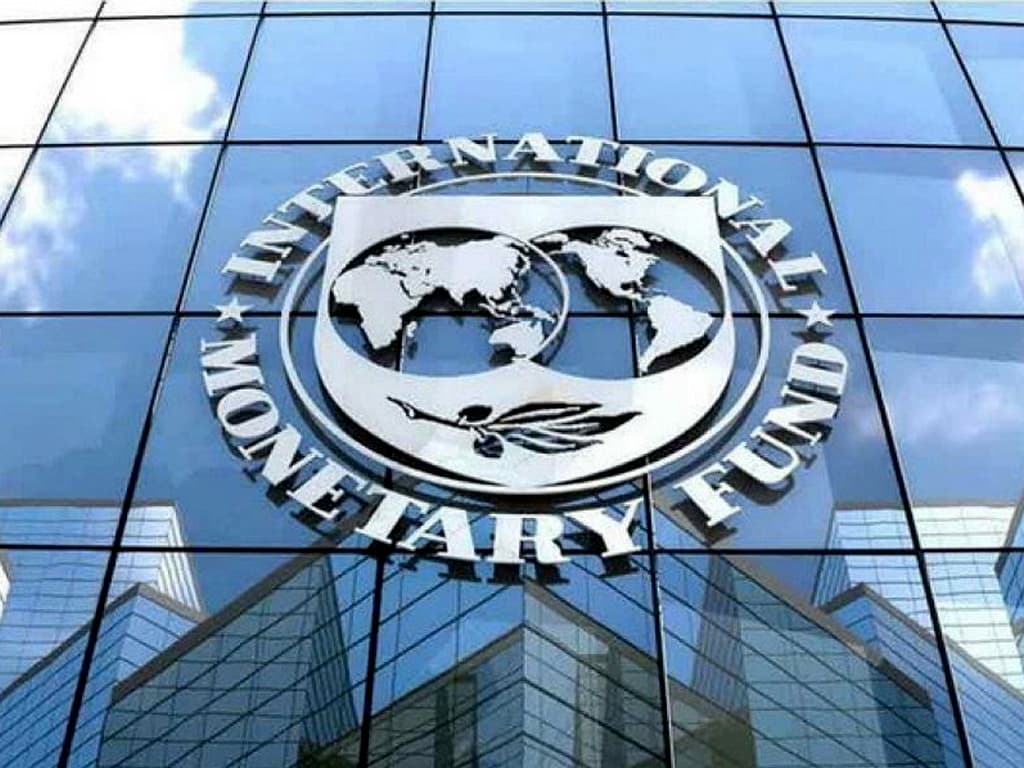International News Desk
—Unsure what to pack from your wardrobe for a vacation to Japan? If you’re flying with Japan Airlines, the answer could be nothing at all.
Japan’s flag carrier has started a year-long trial of a service that allows travelers to book a set of clothes — covering different sartorial styles and seasons — and receive it at their hotel upon arrival. At the end of the stay the clothes are returned, to be washed and cycled back into the system.
Called Any Wear, Anywhere, the service runs through the end of August 2024 and Japan Airlines says it could cut carbon emissions by reducing the weight carried by its airplanes.
Any Wear, Anywhere estimates that about 22 pounds (10 kilograms) saved in luggage equals about 16.5 pounds (7.5 kilograms) saved in emissions — the equivalent of running a hair dryer 10 minutes a day for 78 days.
“I love traveling and I’ve been to many foreign countries, but I’ve always dreaded dragging around luggage or doing laundry abroad,” says Miho Moriya, who came up with the idea and manages Any Wear, Anywhere for Sumitomo, the Japanese company that handles reservations, deliveries and laundering of the clothes.
“When traveling, the three most important things for me are accommodation, food and clothing,” she adds. “When we travel abroad, there are hotels and restaurants that provide lodging and food on site, but not clothing. Why do we have to bring our clothes from home?”
Apparel for all seasons
Moriya submitted the idea for the service through an internal entrepreneurial challenge within her company, and she says that once it was approved, after a delay due to the pandemic, it took “many tries” to find an airline that was willing to support it.
Users of the service log onto the website and choose from a few options — women or men’s clothing; which season they’re for; smart or casual styling; the number of tops and bottoms; and dates for pickup and return. Their selections will be waiting for them at the hotel, for prices that range between $34 and $48 for the whole rental period.
All garments are either pre-owned or sourced from company overstock, although users can’t see this information about their selection. The service has been running since the start of July, and Moriya says that the response has been overwhelmingly positive. “We have requests from all over the world and over 115 countries in total, even though we’re not doing any kind of promotion,” she says, adding that the United States and Australia are the countries with the largest number of users.
The true impact of the trial will only be revealed at the end, once Japan Airlines tallies the weight savings and calculates the exact reduction in emissions. “We have to see the final results before we can say if this service is sustainable or not,” says Moriya, adding that the calculations will factor in the emissions produced by the deliveries of the clothes and the laundering.
Cutting weight, cutting emissions?
Weight reduction is a proven way to save fuel and reduce emissions, and it’s been factored in by aircraft manufacturers and airlines for a long time, for example by designing lighter passenger seats or replacing heavy paper manuals with tablets. Even small changes can have a large impact: when Qantas redesigned its tableware for first and business class to be just 11% lighter, the company says it started saving 1.1 million pounds (535 metric tons) of fuel per year.
However, Japan Airlines must be able to see a statistically significant reduction in baggage weight, says Gary Crichlow, an aviation analyst at consulting firm AviationValues. “Should they determine whether passengers are indeed traveling with less baggage,” he adds, “they must next determine whether there is a causal link to the initiative.”
Once that’s proven, the challenge would be to ensure that the lower weight actually translates into reduced fuel consumption. “What matters from an emissions standpoint is how much fuel is burnt hoisting the total weight over the aircraft into the air and keeping it there until it lands in Japan,” he says.
“It doesn’t matter whether the weight comes from passengers, bags, cargo, crew, or catering. As aircraft real estate is highly valuable, there will always be an economic incentive to offset the reduced passenger baggage weight with additional revenue-generating belly cargo. That may not necessarily be a bad thing from a holistic point of view, if it results in the most efficient use of the aircraft’s cargo capacity. But it would appear to run contrary to the stated aim of the initiative. Therefore, transparency as to the real weight saved per flight (if any), and fuel consumption reduced as a result, will be key.”



























